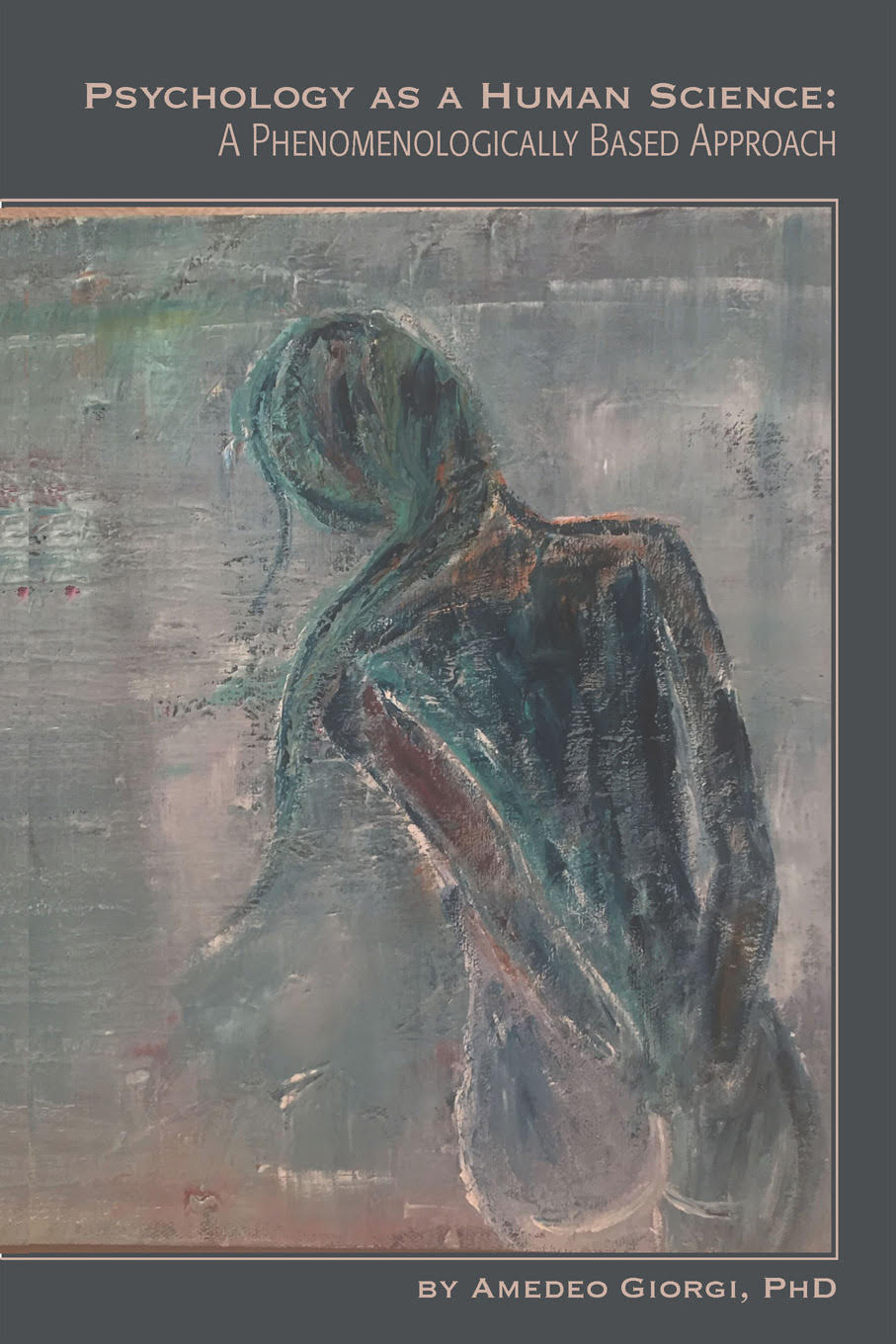 University Professors Press is proud to announce the publication of Psychology as a Human Science: A Phenomenologically Based Approach by Amedeo Giorgi. This classic text has been out of press for many years. The new release includes a new Introduction by Amedeo Giorgi and a new Preface by Rodger Broomé.
University Professors Press is proud to announce the publication of Psychology as a Human Science: A Phenomenologically Based Approach by Amedeo Giorgi. This classic text has been out of press for many years. The new release includes a new Introduction by Amedeo Giorgi and a new Preface by Rodger Broomé.
This can also be purchase at a discounted price as part of the Amedeo Giorgi Bundle by University Professors Press.
What People are Saying About Psychology as a Human Science
When Giorgi’s volume was published in 1970, it was at the cutting edge of scholarly movement in psychology—as original and radical as any book of its time. Now almost 50 years, it is a seminal, indeed landmark, text that remains relevant and is required reading for any serious student of psychology. Giorgi’s book gathers diverse criticisms of psychology written in each decade since its 1879 founding and integratively reveals their common cause: psychology’s misguided attempt to emulate the natural sciences. Giorgi uses phenomenology, the preeminent 20th century philosophy of science and method for investigating lived experience, to offer an incisive understanding of psychology’s persistent problems and their solution in carefully conceived human science. Although Giorgi’s lucid redirection of psychology has guided generations of progress in research methods, findings, and theories that continue today, the natural science approach has remained dominant and still riddles the field. Therefore, this volume is as crucial to psychology’s current self-understanding and future as ever, providing nothing less than a tour de force delineating the origin of psychology’s perennial problems and a blueprint for their resolution, illuminating the way for genuine progress as a human science.
Frederick J. Wertz, PhD
Professor of Psychology and Interim Dean of Fordham College at Lincoln Center
Fordham University
Amedeo Giorgi’s 1970 work Psychology as a Human Science is a classic in modern psychology. In this text he makes the case for how psychology’s historical assumption of natural scientific methodology seriously restricted the range of its scope and subject matter. By applying phenomenology’s more broad approach to knowledge, he reveals the possibility a new kind of “human scientific” psychology with its own unity between subject matter, theory of science, and methodology. Giorgi argues that this new paradigm offers a necessary correction to mainstream psychology’s uncritical adaptation of an empiricist theory of science. To fully appreciate the historical origins of qualitative research in psychology and the full context of Giorgi’s later development of psychological methodology, this book is mand-atory reading.
Magnus Englander, PhD, Associate Professor at Malmö University and Book Review Editor for the Journal of Phenomenological Psychology
When this book first appeared, it offered a major step forward for the discipline, with its deep critique of psychology’s mechanistic view of the person, grounded in an approach uncritically taken from the natural sciences. The passage of years has shown that prescient analysis to have been brilliantly insightful. Sadly, it is just as timely today, because psychology, for the most part, still has yet to grasp the foundational importance of Giorgi’s vision of a human science approach for truly understanding the psychological. Paradigm shifts from behaviorism to cognitivism to neuroscience have only poured the old wine of mechanism into new bottles, without questioning the inherent limitations of the underlying natural science approach. And so, this book is exactly right for our time.
Chris Aanstoos, PhD, Professor Emeritus, University of West Georgia